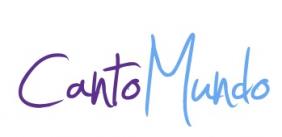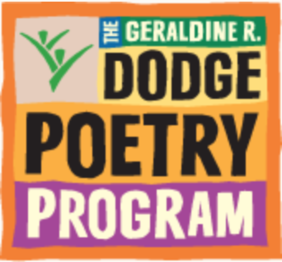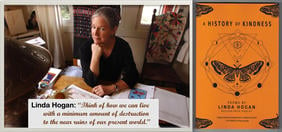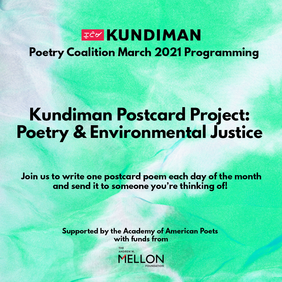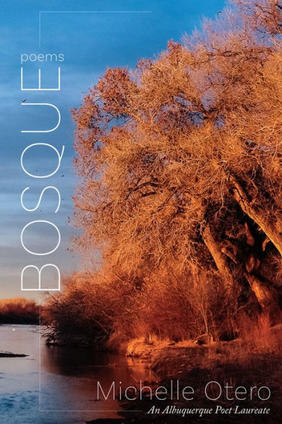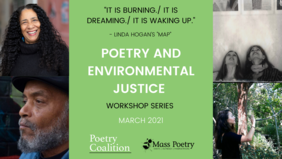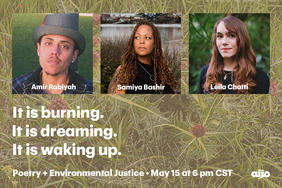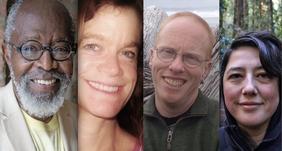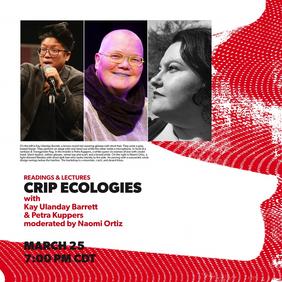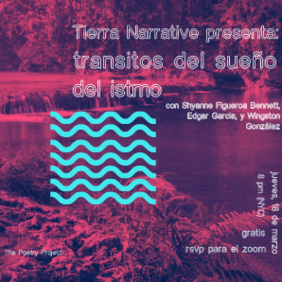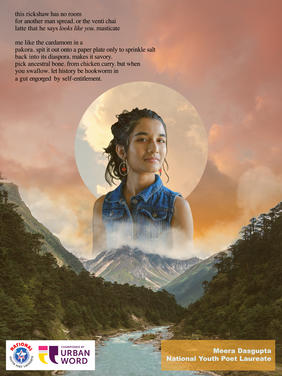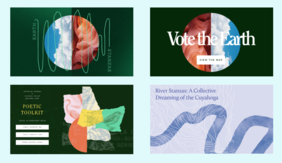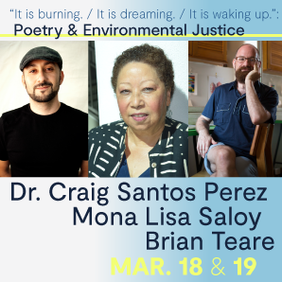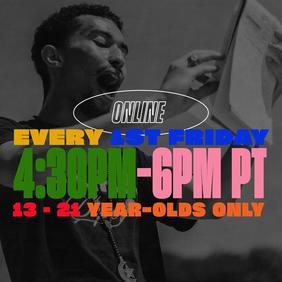Poetry & Environmental Justice
The Poetry Coalition, an alliance of more than 25 independent poetry organizations across the United States, will devote March through July 2021 to exploring the theme “It is burning./ It is dreaming./ It is waking up.: Poetry & Environmental Justice” in a series of programs in eleven cities that will reach an anticipated audience of more than 300,000 individuals nationwide.
The line “It is burning./ It is dreaming./ It is waking up.” is from the poem “Map” by Linda Hogan.
Poetry Coalition members aim to demonstrate how poetry can positively provoke questions in their communities about environmental justice and spark increased engagement with this urgent topic. Each member organization has committed to offer programming that is accessible and that includes poets from the disability community, and of specific racial, ethnic, and gender identities, backgrounds, and communities.
This will be the fifth year Poetry Coalition members have come together to offer programming on a shared theme. Members presented events and publications on the theme “I am deliberate/ and afraid/ of nothing: Poetry & Protest” in March 2020; “What Is It, Then, Between Us?: Poetry & Democracy” in March 2019; and “Where My Dreaming and My Loving Live: Poetry & the Body” in March 2018.
Any and all literary organizations, presses, libraries, bookstores, and beyond are invited to offer their own March programming on the theme in support of and in partnership with the Poetry Coalition.
Find and promote your own projects with the hashtags #EnvironmentalJustice and #PoetryCoalition.



